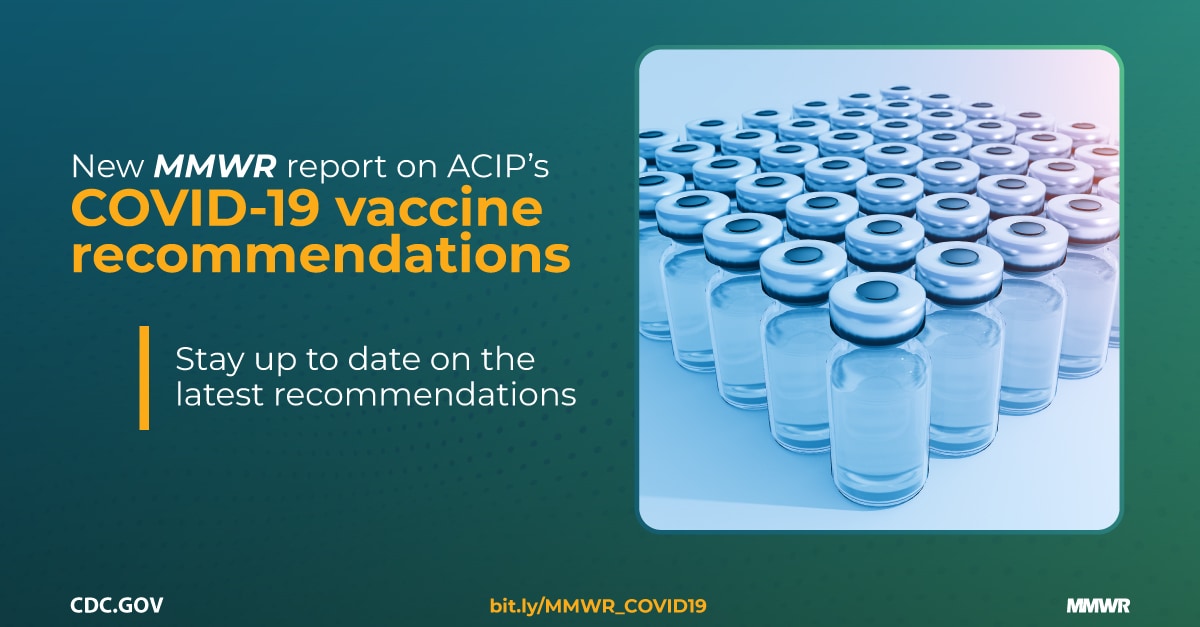Weatherman2020
Diamond Member
Last week this got you banned and deplatformed.
The Centers for Disease Control and Prevention (CDC) on Wednesday said younger males should consider waiting longer between doses of the Pfizer-BioNTech and Moderna COVID-19 vaccines in order to reduce the risk of a rare form of heart inflammation.
In an update on its website, the agency suggested an eight-week interval between the first and second doses of a primary mRNA vaccine schedule.
The "mRNA COVID-19 vaccines are safe and effective at the FDA-approved or FDA-authorized intervals, but a longer interval may be considered for some populations. While absolute risk remains small, the relative risk for myocarditis is higher for males ages 12-39 years, and this risk might be reduced by extending the interval between the first and second dose," the agency said.
Whoops!
Whoopsie!
How long has this been denied for?
The CDC cited studies in adolescents and adults showing the small risk of myocarditis associated with vaccines might be reduced and peak antibody responses and vaccine effectiveness may be increased with an interval longer than four weeks.
"Extending the interval beyond 8 weeks has not been shown to provide additional benefit. There are currently no data available for children ages 11 years and younger. Therefore, an 8-week interval may be optimal for some people ages 12 years and older, especially for males ages 12--39 years," the CDC said.

 www.foxnews.com
www.foxnews.com
The Centers for Disease Control and Prevention (CDC) on Wednesday said younger males should consider waiting longer between doses of the Pfizer-BioNTech and Moderna COVID-19 vaccines in order to reduce the risk of a rare form of heart inflammation.
In an update on its website, the agency suggested an eight-week interval between the first and second doses of a primary mRNA vaccine schedule.
The "mRNA COVID-19 vaccines are safe and effective at the FDA-approved or FDA-authorized intervals, but a longer interval may be considered for some populations. While absolute risk remains small, the relative risk for myocarditis is higher for males ages 12-39 years, and this risk might be reduced by extending the interval between the first and second dose," the agency said.
Whoops!
Whoopsie!
How long has this been denied for?
The CDC cited studies in adolescents and adults showing the small risk of myocarditis associated with vaccines might be reduced and peak antibody responses and vaccine effectiveness may be increased with an interval longer than four weeks.
"Extending the interval beyond 8 weeks has not been shown to provide additional benefit. There are currently no data available for children ages 11 years and younger. Therefore, an 8-week interval may be optimal for some people ages 12 years and older, especially for males ages 12--39 years," the CDC said.

CDC advises some people wait longer between COVID-19 vaccine doses over heart inflammation risk
The CDC Wednesday said younger males should consider waiting longer between doses of the Pfizer-BioNTech and Moderna COVID-19 vaccines in order to reduce the risk of a rare form of heart inflammation.

